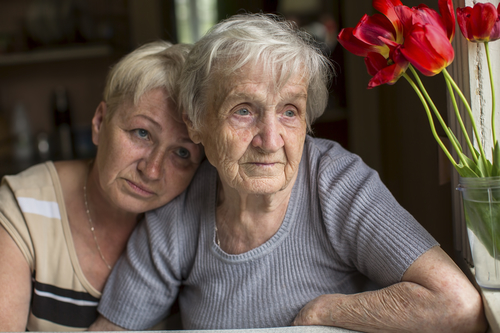
People taking care of their elderly parents are being called today’s version of the 1980s “working mom.” In the 80s, childcare was brought into the spotlight when American dads and moms entered the workforce. It caused companies to have to work with parents. Now, caregivers are the new working moms.

Caregivers Are the New Working Moms
Companies are now facing a new challenge: adult children caring for their aging parents. As Americans live longer, we are developing Alzheimer’s and other forms of dementia more and more.
This means aging parents need more care and attention from their children. Their children are around 25% of the U.S. workforce.
The Society for Human Resource Management (SHRM) tried to warn everyone of this problem over 10 years ago. Its 2003 Eldercare Survey showed that 25% out of nearly 300 human resource professionals said they gave time for employees who needed to care for their parents.
In that same survey, 94% admitted there wasn’t any official policy to do so.
SHRM warned that the issue of workers caring for parents would eventually “severely impact production, retention, and employee satisfaction,” if not dealt with.
It can be hard for human resource employees because they don’t have a formal policy to follow. They are stuck between the company and the employee. It can be hard for them to strike a balance.
The Cost for Employers and Caregivers
The cost of caring for elderly parents is high. In 2006, absenteeism due to caregiving created a loss of more than $33 billion to employers. In 2011, $3 trillion was lost to caregivers. An individual caregiver can miss out on an average of $300,000 in earnings, retirement, and Social Security benefits.
Read more here.

